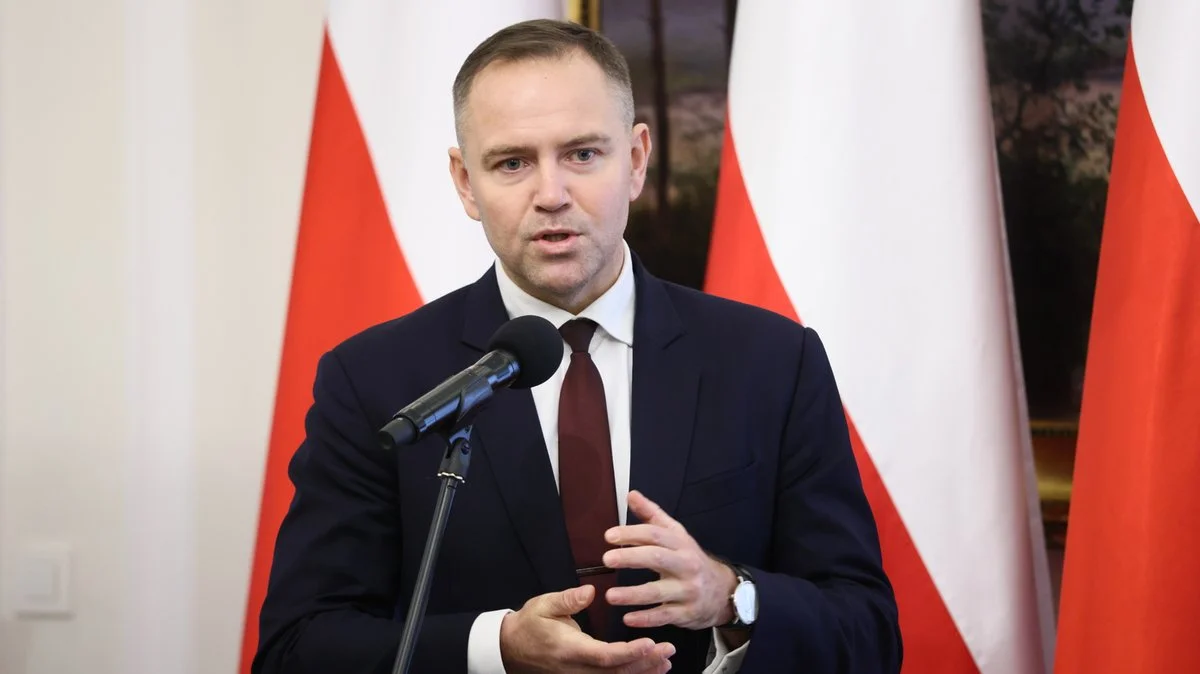(Analysis) Poland’s presidential runoff on June 1, 2025, saw Law and Justice (PiS) candidate Karol Nawrocki edge out pro-EU opponent Rafał Trzaskowski by 1.78 percentage points (50.89%–49.11%), the slimmest margin in modern Polish history.
The result entrenches a divided mandate, with Nawrocki vowing to “defend Poland’s sovereignty against external pressures” while Prime Minister Donald Tusk’s government struggles to advance judicial reforms required to unlock €100 billion in frozen EU funds.

Institutional Standoff Intensifies
Nawrocki’s pledge to veto judicial overhauls—a condition for EU recovery funds—leaves critical projects in renewable energy and rail infrastructure in limbo.
European Commission President Ursula von der Leyen reiterated, “We urge the new Polish leadership to uphold the rule of law and work constructively within the EU framework to ensure security and prosperity.”
Without a parliamentary supermajority to override vetoes, Tusk’s plan to reverse PiS-era court politicization faces paralysis until at least 2027.
 Frozen Funds, Fractured Alliances: Poland’s Election Exposes Limits of EU Leverage in Eastern Europe – Karol Nawrocki
Frozen Funds, Fractured Alliances: Poland’s Election Exposes Limits of EU Leverage in Eastern Europe – Karol Nawrocki
Realignment in Eastern Europe
Nawrocki’s skepticism of Ukraine’s NATO accession marks a departure from Poland’s role as Kyiv’s staunchest ally, raising concerns in Brussels about weakening Eastern flank unity.
His alignment with Hungarian Prime Minister Viktor Orbán, who praised the win as “a triumph for national sovereignty,” strengthens an illiberal bloc opposing EU initiatives like the European Public Prosecutor’s Office.
Unlike Hungary, however, Poland’s opposition retains significant legislative influence, complicating Orbán’s efforts to consolidate regional dissent.
Economic Crossroads
The protracted freeze on EU funds delays Poland’s adoption of single-market standards, directly impacting export-reliant sectors like automotive manufacturing (23% of GDP).
Nawrocki’s proposed tax exemptions for families, while popular domestically, clash with EU fiscal rules that limit deficit spending.
“Poland’s future lies in strong cooperation with the EU,” Tusk countered, emphasizing reforms to modernize the economy. Analysts warn of capital flight to neighboring Czechia if regulatory uncertainty persists.
Youth and the Nationalist Surge
Exit polls reveal 58% of voters under 30 backed Nawrocki or patriotic candidates Sławomir Mentzen and Grzegorz Braun, who collectively secured 21% in the first round.
Sociologists attribute this shift to disillusionment with wage stagnation and cultural anxieties over Ukrainian refugees, who now comprise 4% of Poland’s population.
“Young Poles see the EU as a source of constraints, not opportunities,” noted a Warsaw-based think tank.
Broader Implications for EU Governance
The election undermines Brussels’ strategy to curb democratic backsliding after Hungary’s erosion of judicial independence.
While the EU could theoretically invoke Article 7—a mechanism to suspend voting rights—against Poland, diplomatic sources deem this unlikely due to Germany’s reluctance to escalate.
Instead, Brussels may tighten conditionality for cohesion funds, affecting newer member states.
“This marks a critical juncture for EU cohesion,” warned a European Council on Foreign Relations analyst.
“Poland’s trajectory could embolden Eurosceptics in Romania and Slovakia, further fragmenting policymaking.”
Frozen Funds, Fractured Alliances: Poland’s Election Exposes Limits of EU Leverage in Eastern Europe





GIPHY App Key not set. Please check settings